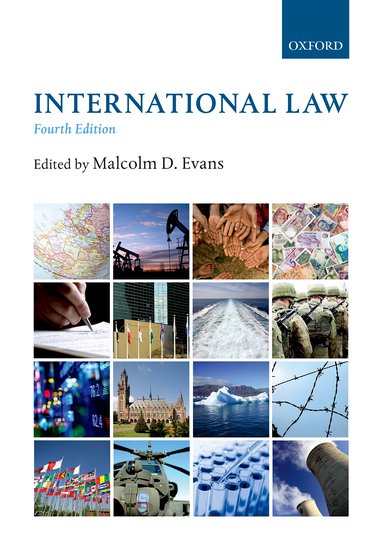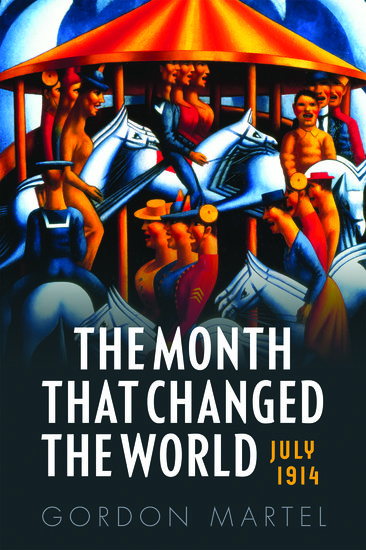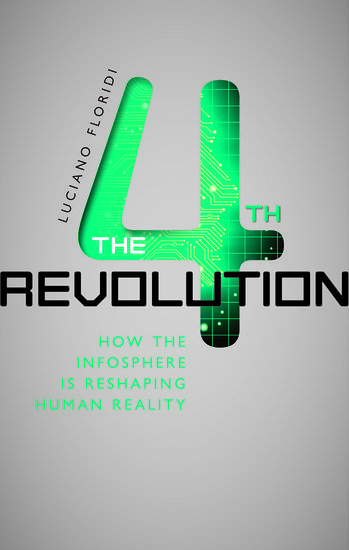Same-sex marriage now and then
By Rachel Hope Cleves
Same-sex marriage is having a moment. The accelerating legalization of same-sex marriage at the state level since the Supreme Court’s June 2013 United States v. Windsor decision, striking down the Defense of Marriage Act, has truly been astonishing. Who is not dumbstruck by the spectacle of legal same-sex marriages performed in a state such as Utah, which criminalized same-sex sexual behavior until 2003?













